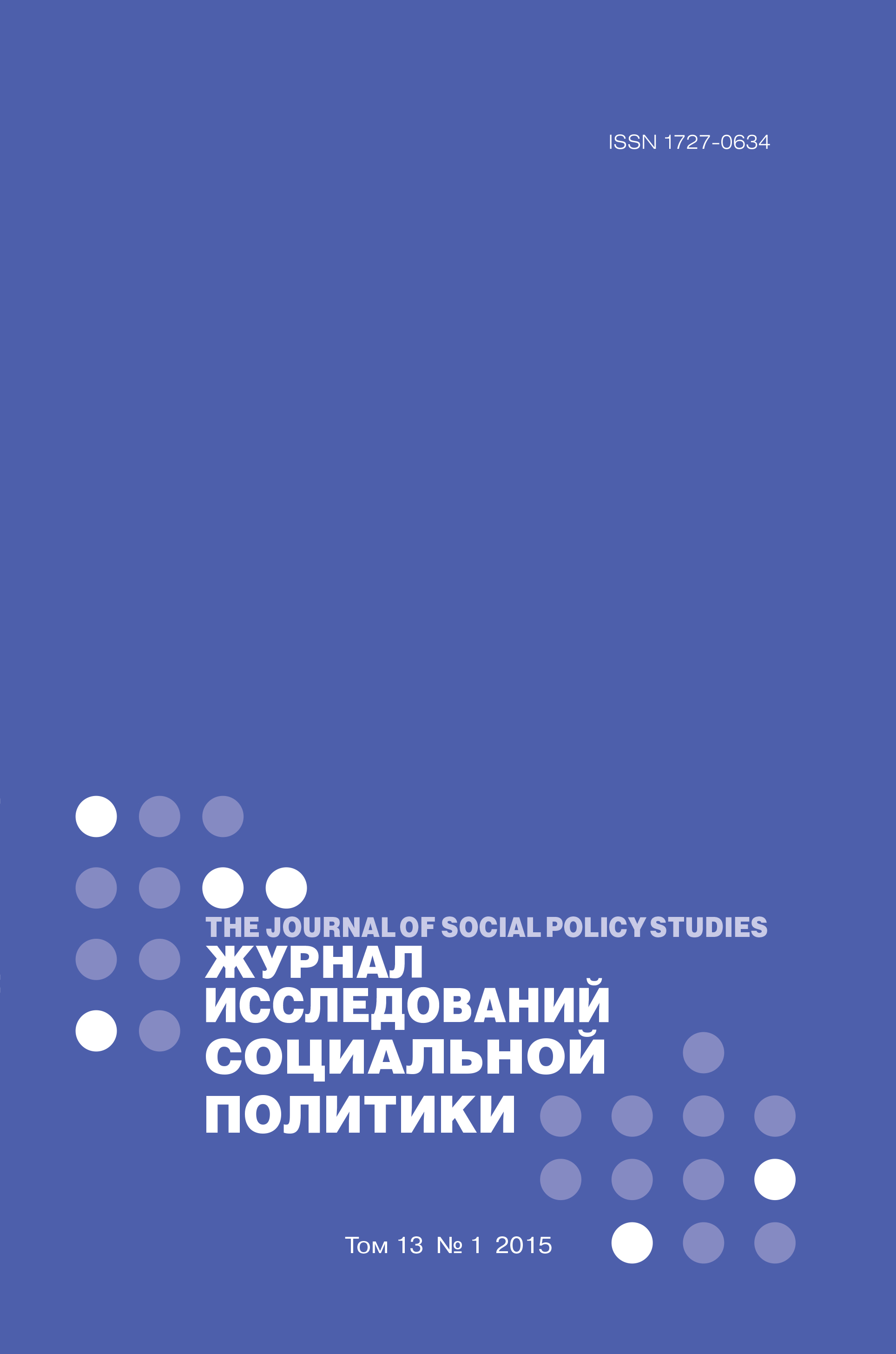Кросс-культурное сотрудничество в современной России: проблемы договорных отношений
Аннотация
This article presents the results of research into contract-making and implementation between Russian and foreign companies. International contract-making is regarded as an element of cross-cultural collaboration, which inevitably reveals the cultural background of the parties. The article is based on a case study of three international companies conducting business in Russia. The analyses is based on concepts relating to cross-cultural collaboration and experiences of contracting in the sociological and anthropological literature. The ambiguities in the practice of contracting, which is rigid in form but flexible in execution, allow us to better understand the role of the codified and informal rules regulating business in contemporary Russia.
The empirical research demonstrates that in addition to codified law, there is a thick layer of informal rules that regulate business and contract relationships in Russia. Knowledge of the context or background practices is significant for business-related communication, as the lack of such insight significantly increases financial and other economic risks.
Foreign managers in Russia notice the basic, internal contradiction of contract practice: that the compulsory and rigid fixation of contract conditions on paper itself does not impede their flexible implementation, which may be a consequence of tight control by the foreign head offices, or special meaning of informal rules in fulfillment of the terms of the signed contract (in some case, the contract on paper means first a supporting component of the contractual relationship, which is regulated together – partly or fully – by a set of informal rules). The contract in such a case can be signed “just in case”, and be implemented as a weapon of manipulation from both of sides. Law is thus likely to be regarded as an auxiliary regulating system with respect to non-formal rules. The court itself is built into this system of rules of the game as an element of manipulation and pressure on the opponent.














